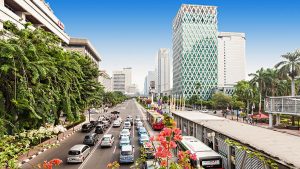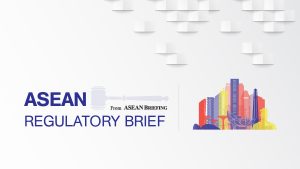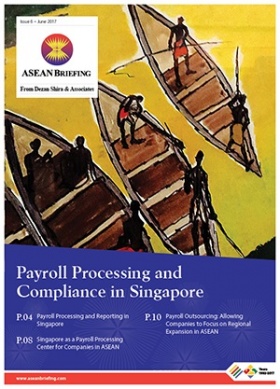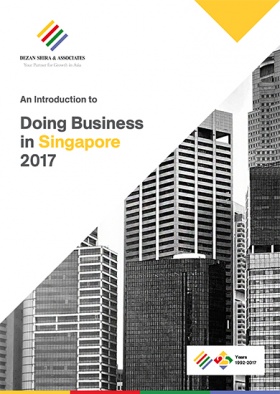Indonesia Eases Tax Holiday Policy for New FDI Projects in All Sectors
In a bid to attract more investment to support the country’s economic growth, Indonesia recently issued a new regulation granting a 100 percent Corporate Income Tax (CIT) cut to new FDI-backed businesses across all sectors. Read our latest article to know more.
ASEAN Trade in Goods Agreement: Local Content Requirements
In recent years, tariff reductions have significantly increased the profitability of establishing regional supply chains within the ASEAN region. To implement operations successfully, careful attention must be paid to rules pertaining to local content and sourcing of inputs. Read more for detailed analysis on the ASEAN Trade in Goods Agreement.
Indonesia Market Entry Models: Representative Office
There are two main market entry options available for foreign investors looking to expand into Indonesia: a Limited Liability Company and a Representative Office. In this article, we discuss the Representative Office.
Indonesia Market Entry Models: Limited Liability Company
There are two main market entry options available for foreign investors looking to expand into Indonesia: a Limited Liability Company and a Representative Office. In this article, we discuss the Indonesian Limited Liability Company or Penanaman Modal Asing (PT PMA).
RCEP Negotiations Reach Critical Stage – Likely to be Inked by Year-End
The two-day Singapore Ministerial meeting of the proposed Regional Comprehensive Economic Partnership (RCEP) free trade agreement concluded recently. Read our latest article to know more about its key outcomes.
Malaysia to Re-Introduce Sales and Services Tax from September 1
On September 1, 2018, Malaysia will re-introduce the Sales and Services Tax (SST), replacing the three-year-old Goods and Services Tax (GST). Read our latest Regulatory Brief to know more about this levy.
Indonesia’s Growing Special Economic Zones – Opportunities and Challenges
Over the last decade, Indonesia’s special economic zones (SEZs) and industrial estates have grown multi-fold. In this article, we discuss the incentives offered by Indonesia to facilitate investment in these zones.
Thailand and the OECD’s Base Erosion and Profit Shifting
Base erosion and profit shifting (BEPS) refers to tax avoidance strategies that exploit gaps and mismatches in tax rules to artificially shift profits to low or no-tax locations where there is little or no economic activity. Read more to know how BEPS affect taxation in Thailand.
IP Considerations for the ICT Industry in Singapore
In this article, South-East Asia IPR SME Helpdesk highlights the measures companies should adopt to protect their IP rights in Singapore’s ICT industry.
Singapore’s Rising FinTech Sector
With a high concentration of financial institutions across banking, insurance, and asset management sectors, Singapore offers an exceptional platform for FinTech solutions. Read more in our latest article.
















